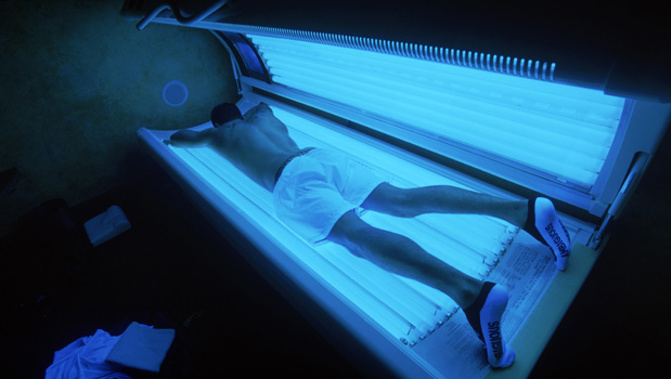
Banning commercial sunbed use in New Zealand would help to reduce skin cancer rates and only have a minimal impact on businesses and jobs, a University of Otago study says.
It argues that very few New Zealand businesses offer the service, so the negative economic impact would be small, especially compared to the public health benefit.
As part of the study, published in the NZ Medical Journal, researchers from the university's Cancer Society Behavioural Research Unit did a nationwide audit of businesses with sunbeds.
They found that for more than 90 per cent of them - such as hairdressers, salons and gyms - tanning services were supplementary to their other operations.
Of the 13 businesses that relied on indoor tanning as their sole income, nine also offered spray tanning. Just four businesses in New Zealand depended solely on sunbeds for income.
Researchers Bronwen McNoe and Associate Professor Tony Reeder argue that New Zealand should follow Australia's lead in banning all commercial sunbeds while compensating for the loss of the equipment and arranging for its safe disposal.
New Zealand has restricted access to sunbeds to people over 18, but Mrs McNoe says the scientific evidence clearly shows there's no safe level of sunbed use for individuals of any age.
She says the costs to society of treating skin cancer and the impact of skin cancer deaths far exceed the rights of individuals to change the colour of their skin temporarily for purely cosmetic purposes.
This is particularly so when alternative, less dangerous methods such as spray tanning exist.
Take your Radio, Podcasts and Music with you









